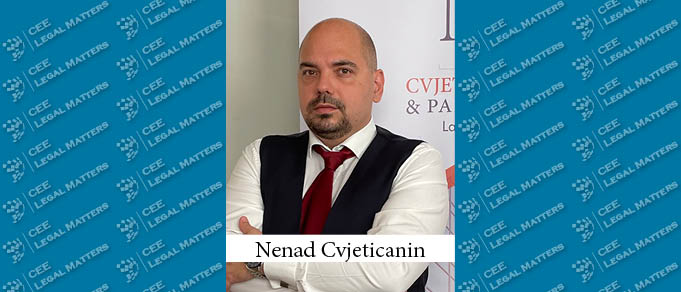Product liability for products containing artificial intelligence (AI) is a complex and evolving legal area that combines traditional product liability principles with the unique challenges posed by AI technology. Product liability refers to the legal responsibility of manufacturers and sellers for injuries or damages caused by their products.
Just like any other product, AI-enabled products can be subject to claims of design defects or manufacturing defects. Design defects refer to flaws in the product's initial design, while manufacturing defects involve errors that occur during the manufacturing process. If an AI product has a defect that causes harm, the manufacturer or seller may be liable.
Additionally, manufacturers have a duty to provide adequate warnings and instructions for the safe use of their products. This is particularly important for AI products, as users may not fully understand the capabilities and limitations of AI systems. Failure to warn of potential risks or limitations could result in liability if harm occurs.
AI products often process and store large amounts of user data, therefore GDPR compliance may be crucial. Manufacturers must take appropriate measures to protect user data from breaches and unauthorized access. Failure to do so may lead to liability under data protection and privacy laws.
Different jurisdictions may have specific requirements for AI-based products, and non-compliance could result in legal consequences.
AI products should be designed to receive updates and improvements as technology evolves. Failing to provide necessary updates to address known issues could result in liability.
It's important to note that product liability cases involving AI are still relatively new, and legal precedents are evolving. Manufacturers and sellers of AI products should work closely with legal experts to navigate the complexities of product liability in the AI context.
An autonomous vehicle can cause injuries to a person posing a liability question on a quite a few legal or physical persons. For example, liable can be car manufacturer, supplier of AI algorithm, or the car owner himself.
If an AI system's decision-making process is not transparent, it can be difficult to establish whether a defect in the AI's algorithm contributed to harm. In scenarios where a clear allocation of risk control is no longer possible, risks insurance might be the answer.
By Nenad Cvjeticanin, Managing Partner, Cvjeticanin & Partners




